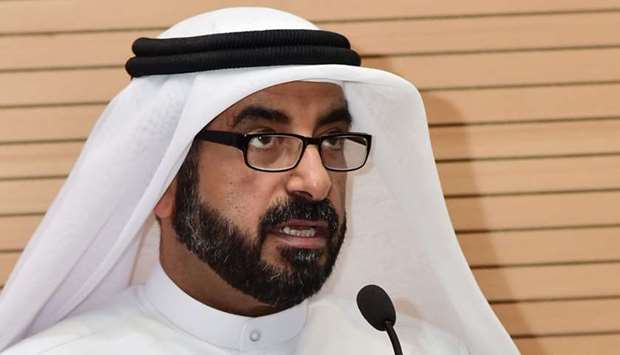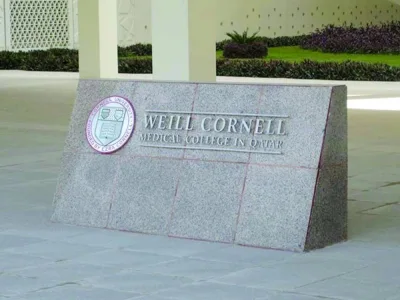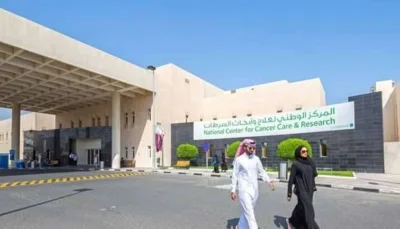The Centre for Advanced Materials (CAM) at Qatar University (QU) is taking precautionary measures to continue with its scientific research, according to a statement.
“We have put in place mechanisms to protect our employees and to keep the level of scientific research unaffected in order to control the spread of Covid-19,” CAM-QU director Dr Nasser bin Abdullah al-Juffali al-Nuaimi said.
The official confirmed that he had met with all the members of CAM-QU to set mechanisms for implementing at QU the directives issued by the Supreme Committee for Crisis Management and Higher Management to protect the employees, and maintain the level of scientific research.
In this context, Dr al-Naimi said: “We have formed an emergency committee in the Centre to consider the requests of researchers and adapt the work environment. We began with the emergency committee to respond to all the questions and inquiries of the researchers, technicians and employees of the center, which are related to the virus, as well as inquiries regarding the nature of their work in the current circumstances. Three people at a time are allowed in one office.
“The Centre has prepared timetable in which all essential equipment function during weekdays and avoid any interaction between the technicians and others. The researchers and technicians perform the required analysis, and the results are sent via e-mail.”
Students and researchers have fixed timetable of working individually for four hours daily in laboratory in order to keep them secure. The use of masks and disposable gloves and personal protection glasses are most important requirements in laboratory. Tissue boxes are provided in each office and open-door policy is applied during working hours.
The devices used are required to be assembled by the end and each individual should not exceed eight hours per week time period.
As for the mechanism of research work in the current circumstances, Dr al-Naimi said: “We encourage researchers at the centre to publish research whose data is ready, until the completion of the closure phase. We also encourage researchers to publish review papers as a temporary alternative to publishing scientific papers based on laboratory measurements.
“In addition we also boost researchers to write research projects for the current year and the next year so that they are ready and do not consume time after returning from partial closure.”

Dr Nasser bin Abdullah al-Juffali al-Nuaimi


